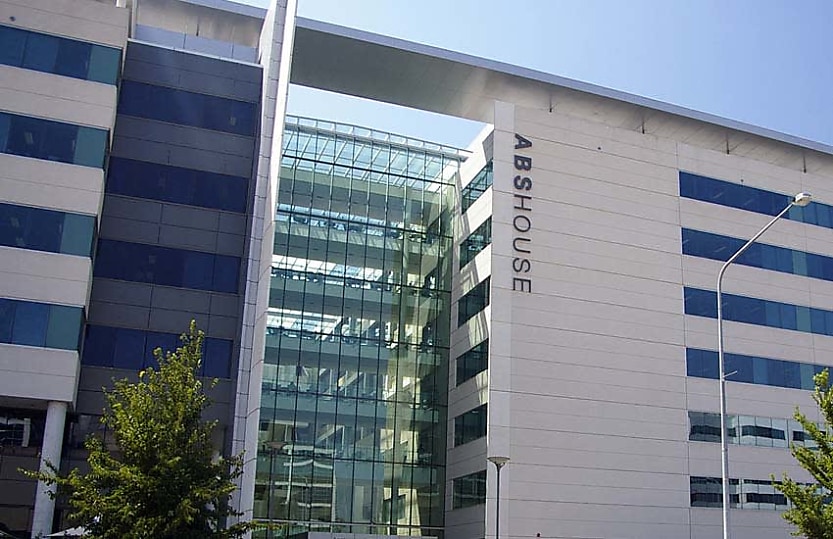Quarterly inflation falls to lowest levels in 4 years

Quarterly inflation has fallen to its lowest rate since March 2021, bolstering calls for an August rate cut.
Over the 12 months to the June 2025 quarter, headline inflation rose by 2.1 per cent, data from the Australian Bureau of Statistics (ABS) has shown.
This marked the lowest annual headline inflation rate recorded in over four years, leaving the door wide open for an August rate cut, according to economists.
“Today’s June quarter inflation figures confirm that price pressures are continuing to ease,” BDO Economics partner Anders Magnusson said.
“The result adds weight to growing calls for rate relief, especially with wages growth stabilising and household budgets under pressure.”
The RBA’s preferred inflation metric, trimmed mean inflation, rose by 2.7 per cent in the year to the June 2025 quarter. This was slightly above RBA expectations of 2.6 per cent.
The benign June quarter inflation reading has reignited calls for another interest rate cut in August, following its shock decision to hold interest rates at 3.85 per cent during its July meeting.
Economists have warned that keeping interest rates in restrictive territory for longer than necessary could constrain economic growth.
“With inflation clearly moderating and monetary policy already restrictive, holding rates steady may now risk constraining growth more than necessary,” Magnusson said.
“Today’s inflation figures may give the RBA the confirmation it needs to continue the cutting cycle, but there may also be lingering concern that it is still higher than forecast.”
Deloitte Access Economics partner Stephen Smith added that monetary policy was overly restrictive, given domestic and international conditions.
“The bank knows its monetary policy settings are restricting growth. This is hard to justify given ongoing global economic volatility and the continued sluggishness of our own domestic economy,” he said.
RSM economist Devika Shivadekar echoed sentiments that the June quarter inflation data should enable the RBA to feel comfortable cutting the cash rate by 25 basis points at its August meeting.
"We expect the RBA to find comfort in today's quarterly CPI print and call for the rather delayed 25bps cut at the August meeting," she said.
"Softer jobs data, risk of prolonged subdued consumer sentiment and slowing inflation are reinforcing the case for future cuts, but the path forward is expected to be measured.”
The ABS also announced that it would release complete CPI data on a monthly basis from November, marking a shift from its current quarterly approach.
“This publication will mark the transition from the quarterly CPI to the Monthly CPI as Australia’s primary measure of headline inflation,” the ABS said.
Smith said that the transition to comprehensive monthly CPI readings would enable Australia’s central bank to respond more flexibly to inflation data.
“A more timely inflation read will also allow the RBA and other policymakers to act with greater confidence, helping to avoid situations like earlier this month, when the cash rate was held steady in anticipation of today’s quarterly CPI release.”
About the author

